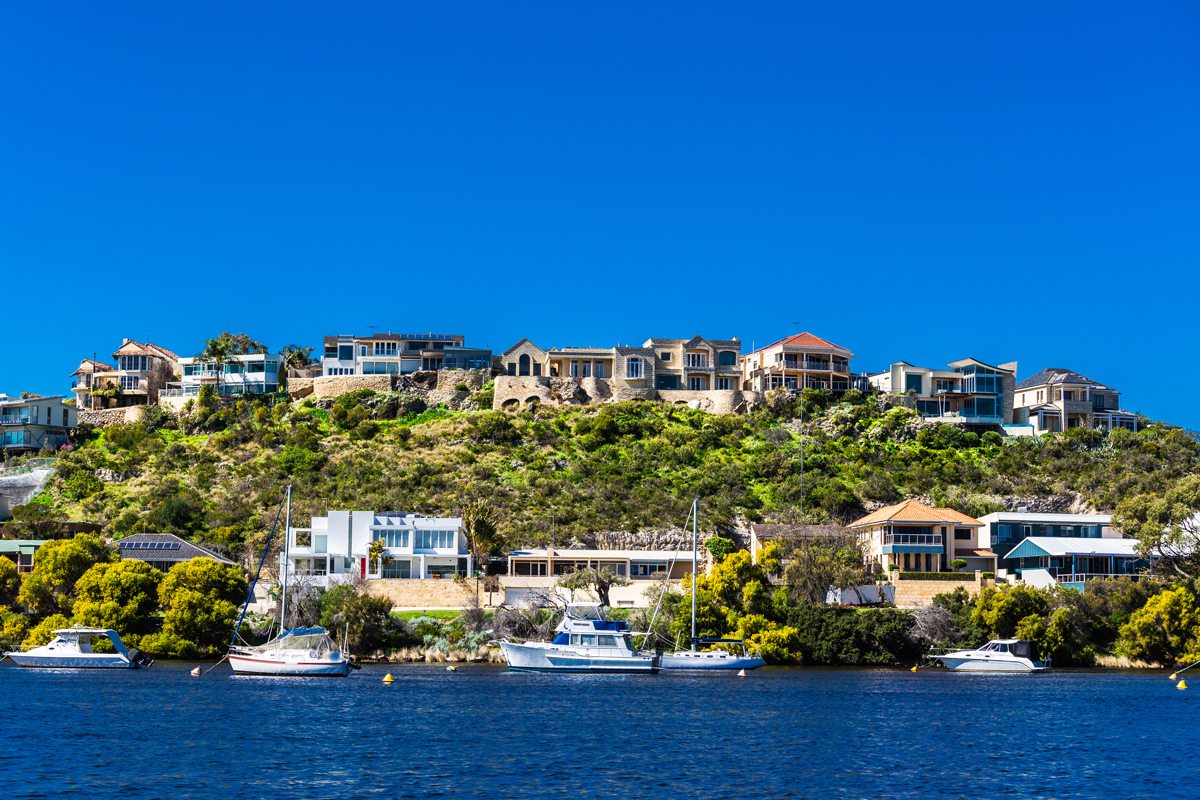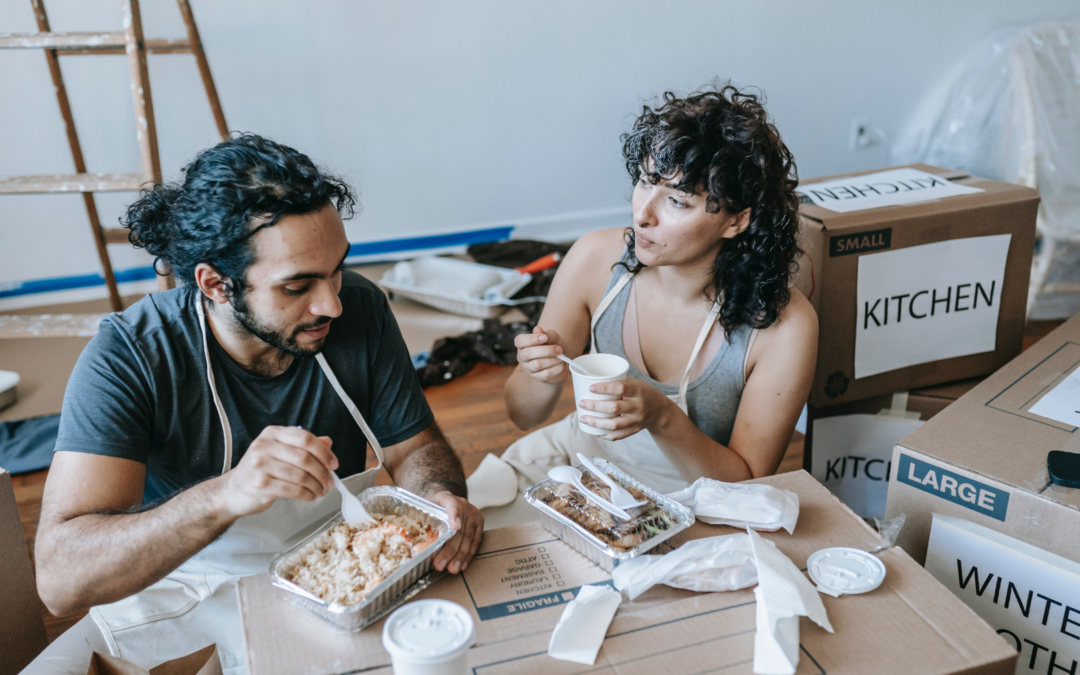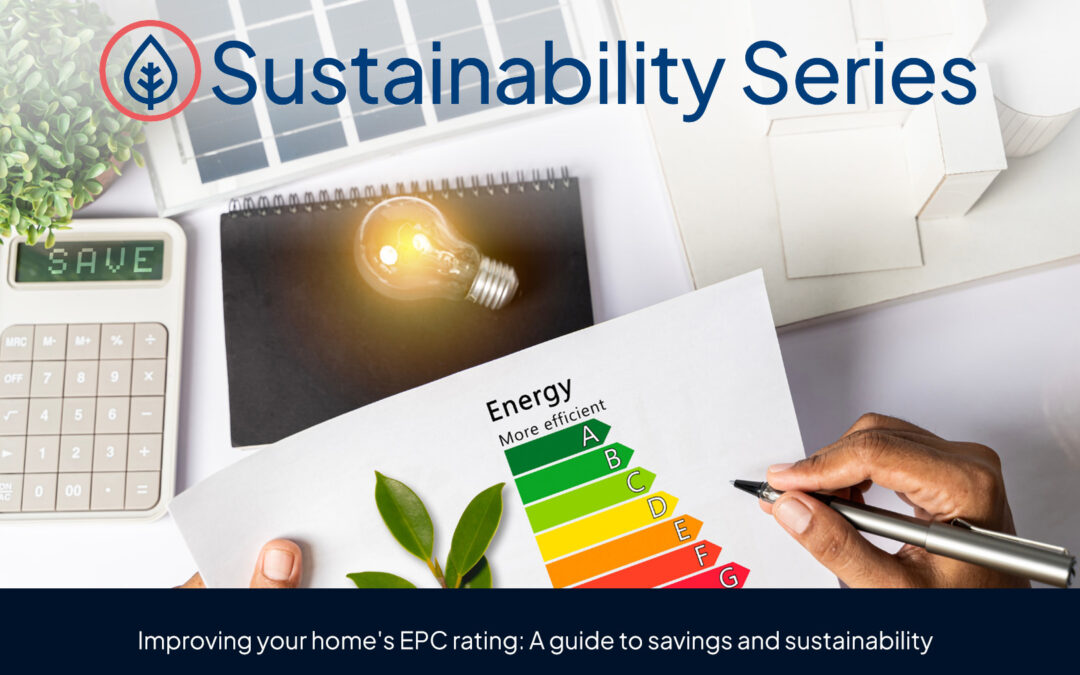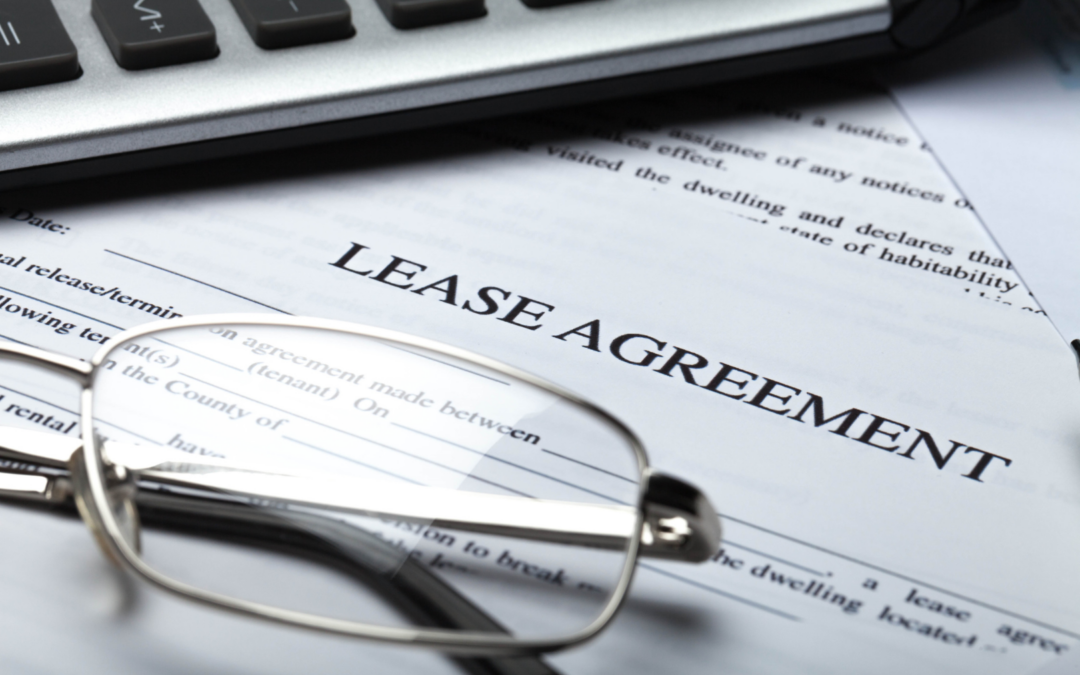Are you thinking about buying a dream holiday home? Not sure where to begin? OnTheMarket has these top tips to get you started.
Buying a property overseas is a major decision. It’s important to do as much research as possible and to seek independent advice.
You’ll also need to bear in mind that the legal system and steps to follow may be very different from what you have experienced before in the UK.
Here, Ideal Homes Portugal and foreign currency specialists Moneycorp suggest these 11 top tips for potential buyers to consider when buying abroad.
1. What will you use the property for?
Consider what you enjoy doing, how you like to spend your time, what amenities you would like close at hand, and also how you intend to spend your social time.
Will you be relocating or investing in a home just for holidays? If it’s the latter, will it be just for you, your family and friends or will you be buying to rent?
2. Get the location right
When buying a home abroad, knowing the region and area that suits you and your needs best, is a must.
If you haven’t visited the area before, consider spending some time there, maybe even rent for a while so you can get an understanding of what it feels like to be a local.
It’s important to consider the ‘feel’ of the local area. Do you prefer the hustle of the town or the quiet peacefulness of being somewhere more remote?
Also consider other factors like you would buying in the UK. Consider the traffic and main motorways and whether you want to be close to the beach, airport, medical facilities, shopping and nightlife.
3. Affordability is important
Buying abroad incurs several costs that need to be considered before going ahead, including the property price, taxes, maintenance costs, and flight costs etc.
It is also good to be aware of holiday periods and how they may affect the prices in the area and your stays during school holiday periods.
Establishing a record of approximate costs throughout the year will help you budget accordingly.
4. Will you let the property?
Renting your holiday home is a great way to offset your yearly maintenance costs and also generate income.
If you intend on renting your holiday home, you will want to consider the regions most popular for tourists during peak and non-peak seasons. Some areas can be packed, while others will be very quiet.
It’s worth considering when you’ll want to stay at the property and what time of year may be the most lucrative if you choose to let the property.
5. Accessibility – how easily can you get to and from your holiday home?
Also factor in if you want to wake-up with toes in the sand, high up in the mountains or somewhere in between.
Do you need to be near main transport links, able to get direct flights and if so, are they cost effective?
If you are leaving family behind, consider whether you will want to return often for visits or have them spend time with you?
Accessibility is often forgotten when purchasing abroad but can make a big difference in your enjoyment of your new home.
6. Research different legal systems
There can be large variances in each national legal system. In its guidance for buying property abroad the Government recommends that if you choose to work with a British estate agent or lawyer, you should check that they are qualified to practice both in the UK and overseas and that they are reliable and have experience of operating in the country where you intend to buy.
Also check that they are registered with the Law Society in the UK and specialise in international transactions.
If you don’t have a good understanding of the language of the country in which you’re intending to buy make sure that you get all contracts and relevant documentation translated by an independent translator and that an interpreter accompanies you to all meetings.
Be wary of using a translator or interpreter that has been recommended by the agent or lawyer.
The Foreign and Commonwealth Office provides lists of English-speaking lawyers, and of interpreters and translators.
You should also check that your lawyer has professional indemnity insurance.
7. Understand the tax implications
Anyone looking to buy a home abroad should seek advice from a local tax expert. You may be liable for foreign taxes such as purchase tax and income tax on rents.
Many countries have laws instructing who can inherit the property when you die so it is best to seek expert independent tax and legal advice before purchasing a property abroad.
When it comes to moving anywhere, the key is to do your research and spend time talking to professional estate agents who can direct you on the formal and informal aspects of buying abroad.
Remember you’re investing in a dream and new chapter of your life, so you can never spend too much time researching beforehand.
8. Get the financing right
If you have a pension lump sum and savings to invest, you may in some cases be able to buy the property outright. Alternatively you may wish to borrow part of the cost and devise a way to repay the mortgage either through your salary or any income that the property may generate.
If you are borrowing, you’ll also need to consider the various costs and benefits of taking out a mortgage in the UK or whether to work with an overseas provider.
9. Consider buying with friends
One option to bring down the cost of purchasing a holiday property is to invest with friends or other family members.
As well as being a way to bring down the cost, it gives you a great excuse and a place to stay for regular get togethers – and you can share your time evenly throughout the year so everyone benefits.
Another area you’ll want to agree up front is sharing the maintenance costs. If you’re looking to buy a ‘lock-and-go’ managed apartment or villa, property maintenance is likely to be included in a package.
Sometimes this also includes membership to an associated health or golf club and facilities such as a gym, pool or spa, so you’ll want to make sure everyone is covered.
This certainly provides a simple, ‘all-inclusive’ solution, but may not be an option for properties which aren’t attached to a complex.
If you buy independent properties, you may have to take some time to find local providers, but you can also work with your fellow owners to take on some of the cleaning and maintenance chores yourself.
Either way, take the time to work out a budget early on and agree regular monthly or quarterly costs which are fair and understood by everyone involved.
10. A currency specialist is best for foreign exchange
A currency specialist like Moneycorp can help with all the international payments relating to buying a property overseas.
Specialists offer better exchange rates than high street banks – and on a large amount for a property deposit or investment, even a fraction of a percentage point can make a big difference.
High street banks also charge higher fees, up to £30 per transaction, and when you add up all the payments you need to buy a property including legal fees and local taxes, it could make a dent in your budget.
11. Understand the exchange rate
The currency market fluctuates constantly, and responds to both predictable and unexpected political and economic news and events across the world.
Currency markets are difficult to predict but you can understand underlying trends and a currency specialist can help you use tools to mitigate some of the risk so that you don’t find that your pounds are no longer enough to buy your dream property.






